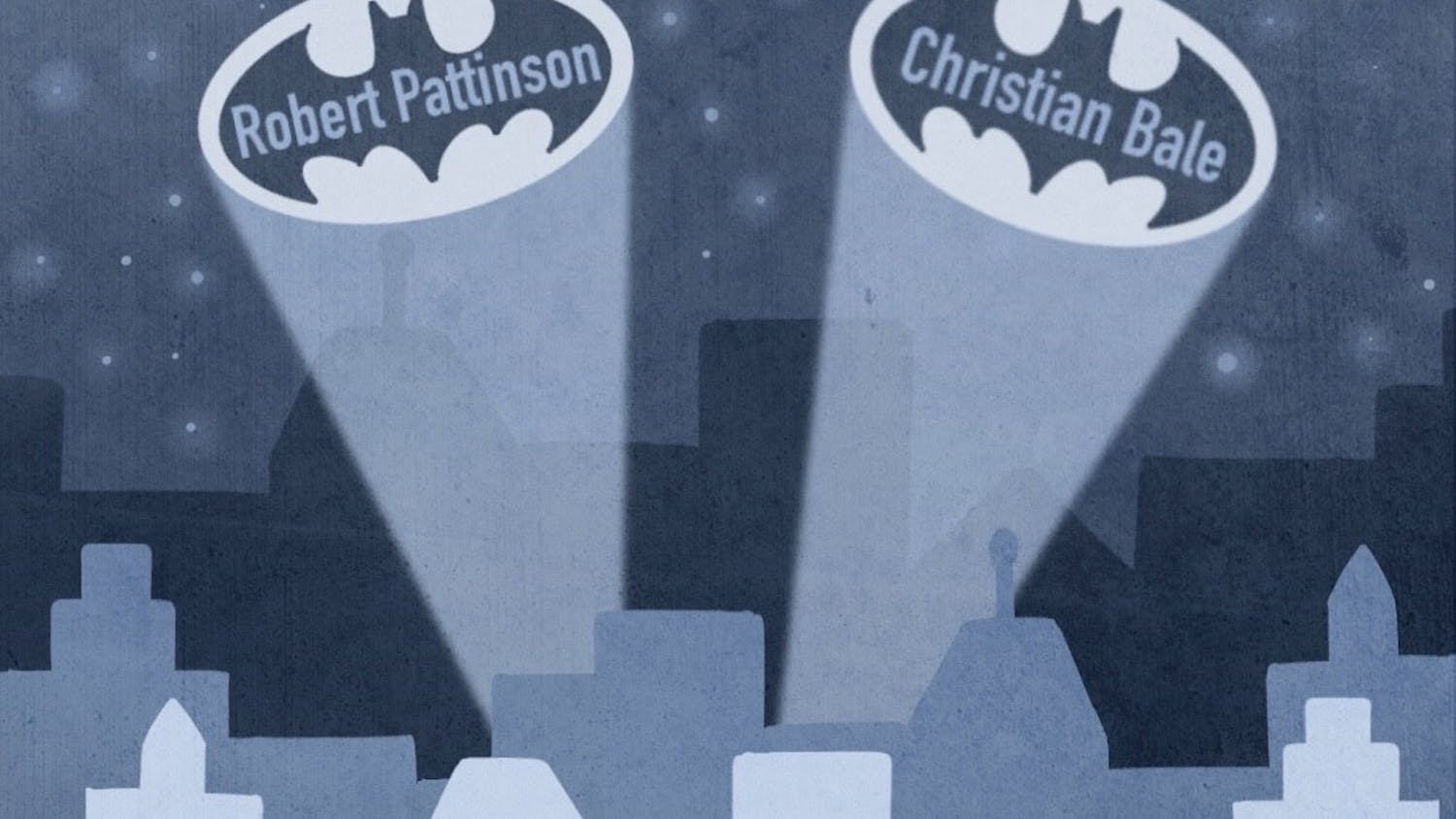With the ranks of Batman, Superman, and Iron Man, our movie theaters have been flowing with the superhero trope as much as it has with its barrage of testosterone. With huge blockbusters such as “The Avengers”, “Iron Man 3” and most recently, “Man of Steel”, movie studios are continuing to jump on the wave of superhero hits. But this begs a bigger question: Why haven’t female superheroes had their chance to shine?
Most recently we’ve had Black Widow featured in “The Avengers” and prior to that, “Iron Man 2.” Lo and behold her role in both was only supporting, and she was irritatingly objectified in “Iron Man 2.” Maria Hill from “the Avengers” was also only a supporting character and was grossly underused.
Don’t get me wrong, I love that these characters could hold their own against male-centricity and veered from damsel-in-distress trope. Even Lois Lane in “Man of Steel”, who although isn’t a female superhero, demonstrated a no-nonsense woman who isn’t the run-of-the-mill love-interest popular in superhero films. But what is the rationale behind the resistance to create female-led superhero films?
Studios still insist on following the age-old assumption that females can’t carry a film and would therefore lose money for the production. Clearly studios are not giving audiences a bigger benefit of the doubt. “The Hunger Games” is a prime example that a female lead can carry a film to success. Katniss has been the face of the heroine that many revere, but unfortunately see very seldom on screen.
Movie studios need to put more faith in their female leads. The problem isn’t that there are no female superheroes to draw material. After all, we have Wonder Woman, Elektra, Ms. Marvel and Supergirl, to name a few. The insistence to continue to perpetuate sexist themes is discrediting audiences’ ability to even receive these characters in the first place.
The recent wave of superhero franchises are great but are missing out on great characters because of film industry politics. Give audiences more than a female character that is objectified or plays the damsel-in-distress and they might just be receptive to films that studios so stubbornly presume failures.





